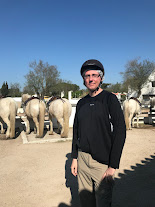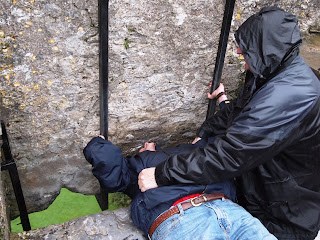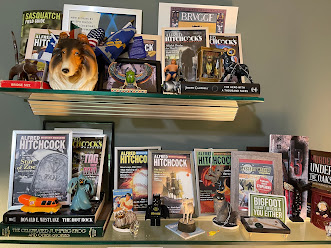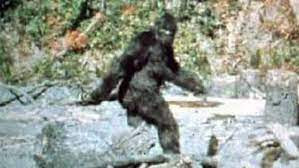by Steve Liskow
The last two years have shown the wisdom of not asking "How can things get even worse?" Fortunately, most of us are learning to deal with social distancing and spending time alone, never a challenge for writers anyway. But Life can throw you a high hard one when you dig in.
At the beginning of this month, I went to the hospital for outpatient treatment I've had twice before in the last eight months. I'm usually in and out in six hours with no after effects. I can eat and exercise normally. The day before I went in, I was working on two stories, one a solid second draft I had backed up, and the other a first draft about 3/4 complete. I thought I knew the villain and ending, so I expected to finish that draft when I returned home, maybe even that day.
Barb drove me to the hospital and planned to pick me up again after lunch. Since I only expected to be there a few hours, I left everything at home except my driver's license and Vax card. No biggie.
During that routine procedure, my blood pressure cratered and my temperature soared from my normal 97.7 to 102.8. When I could finally process what was going on ten hours after being dropped off, I was in intensive care with so many lines coming out of my arms that I felt like a motherboard. Needles in both arms, my stomach, and my neck (more about that in a minute) delivered three antibiotics, two blood pressure medications, and two steroids into my system. I also wore a blood pressure cuff and a heart monitor. The doctors knew why and how it happened (and I suspected something less specific), but I spent the next four days in ICU before they discharged me on the eighth day.
During that time, I forgot the ending for that WIP. I was home five days (and still on an antibiotic Barb and I administered through a Mid-line) before I could focus enough to look at it again. Five days later, I thought I remembered the ending, but it was too weak. Maybe I didn't really remember it. At this point, who knows?
Now the good news. Both nurses in intensive care were terrific. One, who moved from Chicago to take that job in Hartford only weeks before, is an avid reader. She was amazed to learn she was standing only two miles from the Mark Twain house, and she now plans to visit, maybe even taking one of the tours my wife leads. She also downloaded one of my books.
Better still, she explained what the various tubes and drugs were doing. The line through my neck was threaded into a vein to convey a drug that shrinks veins and helps increase blood pressure. She told me they have to be careful because if they move the line too close to an extremity, it can close down the capillaries and cause tissue death.
"That sounds a lot like gangrene," I said.
"It is gangrene," she said. "That is why we watch you so closely. It is not just because you are so handsome."
When the hospital discharged me four days later, they gave me a printout of everything they had done, including all the meds. On page seven, I found the name of that drug and remember the symptoms. I have never written a medical mystery, but now I have a good new way to kill someone.
The other upside is that when Barb finally brought in my phone and I posted about the whole nightmare, I got lots of support from friends. Over 40 reactions came from former students.
Because of all the needles and tubes, my hands are still stiff and sore. I picked up a guitar for the first time in three weeks yesterday. Piano is still on hold. Typing feels like someone is stomping on my fingers.
The time off showed me again how much I love writing. I didn't write a word for over two weeks and it was like going through withdrawal. This blog is about 700 words, and it's the most writing-actually most of the writing--I have done since February first. It feels like being let out of prison.
Now I can hardly wait to look at that story with the weak ending again.













